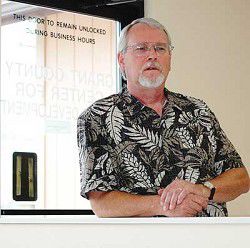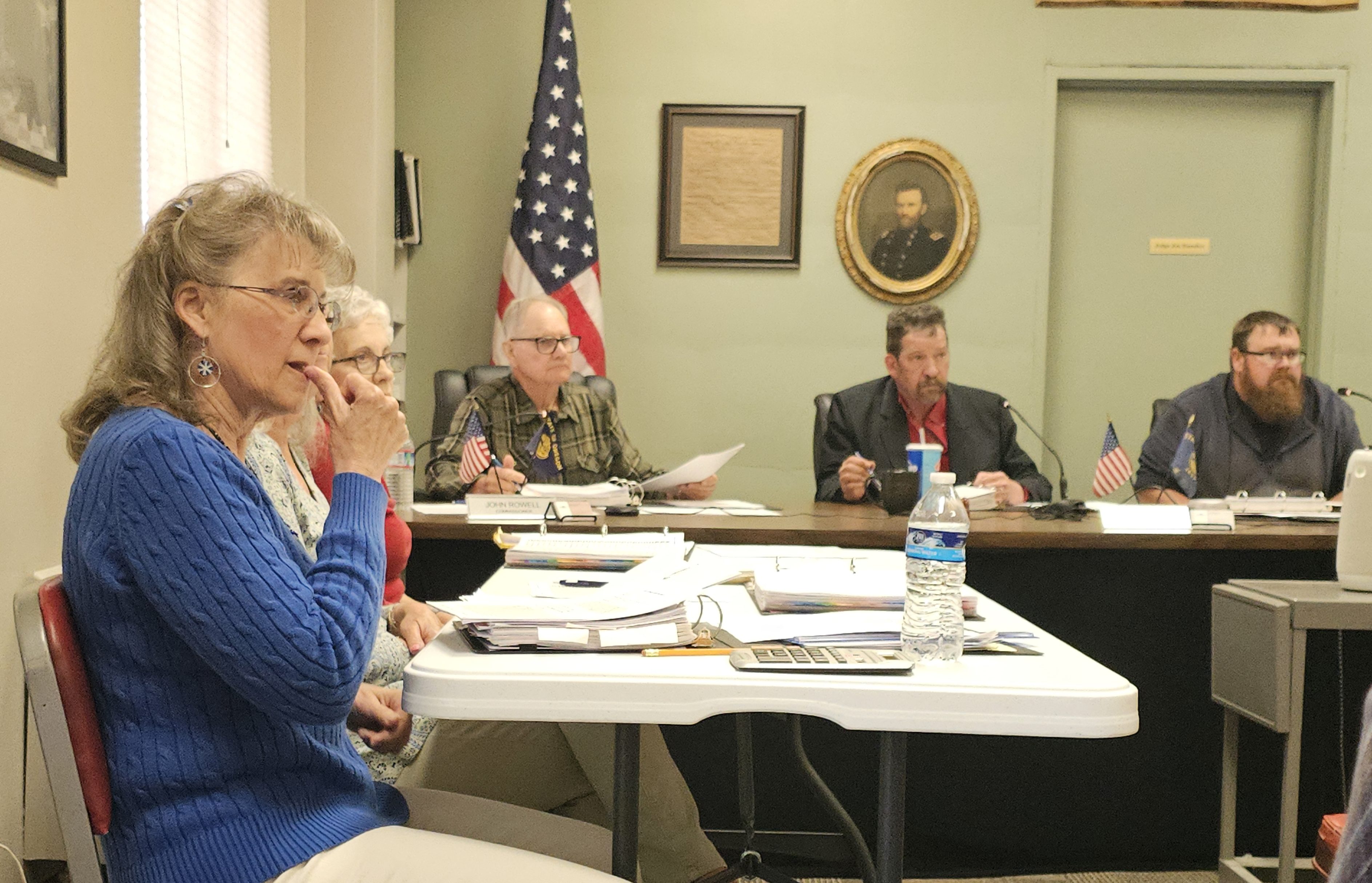New site manager hired for mental health center
Published 5:00 pm Tuesday, August 12, 2008

- Gary Lewis
JOHN DAY – The newly hired site manager, Gary Lewis, started work at the Grant County Center for Human Development July 31 after an orientation at the nonprofit Community Counseling Solutions office in Heppner the previous day.
The GCCHD, located at 528 E. Main, will see a rollover of employment from county to CCS on Oct. 1, and all the current staff will remain in place.
“Hopefully soon more staff will be on board,” Lewis said, “including another mental health clinician and a half-time alcohol and drug counselor to facilitate the drug court grant.”
Creating stability is the focus for now, he said, with no other major changes in the works.
Offerings at the center include alcohol and drug services, working with probation and the upcoming drug court; individual and group counseling for adults and children; peer support groups; assistance to school districts; and the developmental disabilities program which also coordinates services in Lake and Harney counties.
Prevention work is contracted through the Grant County Commission on Children and Families.
Lewis will oversee all the staff and programs of the GCCHD office and, as a mental health professional, will also have a small caseload.
Lewis said he and his wife Patti, who have three grown daughters and nine grandchildren, have experienced a friendly reception since moving to Grant County. They had visited the area only once, before learning of the job opening.
He holds a bachelor’s degree in human services from Friends University in Wichita, Kans., and received his master’s in family education and development there in 1993.
“We’ve been greeted warmly by new neighbors and people on the street and in the market,” he said.
The Lewises moved from Umatilla, where he worked for Lifeways Mental Health Services as a therapist. He has been in the mental health profession in Oregon, Washington and Kansas since 1982.
Having worked for six years in Okanogan County, Wash. – which also had only one office – Lewis said he’s “familiar with the spread-out aspect of Grant County.”
He worked as a county designated mental health professional and therapist there from 1997 to 2002 and again from April 2006 to April 2007.
He said that Okanogan County, the largest in Washington, was once listed as the most depressed county in the nation in a financial magazine.
“The picture I’m getting so far is that it is very similar to Grant County.”
Other likenesses he’s finding between the two counties are that both have smaller populations and have experienced timber-industry hardships.
Okanogan was also “very isolated and had a very large problem with drugs and alcohol usage and all the problems that come with that,” he added.
Lewis’ boss, CCS director Kimberly Lindsay, was visiting GCCHD last week, overseeing the transition and plans ongoing visits one or two times a month.
She sees many benefits to operating the center through the CCS office.
“We’re able to be more competitive in recruitment and retention,” she noted.
Besides offering more competitive wages for employees who are performing well, she said CCS will also be able to increase educational opportunities for the staff, including schooling reimbursement, something the county couldn’t do. Also, there are fewer layers to go through, creating better efficiency.
“This is a nice opportunity for Grant County to begin to look at different ways to provide creative services to meet the needs of their population,” she added.
She said anyone seeking services is welcome.
“We have an open-door policy,” Lindsey said. “We want to be community friendly and accessible.”
For more information, call the Center for Human Development at 575-1466.





